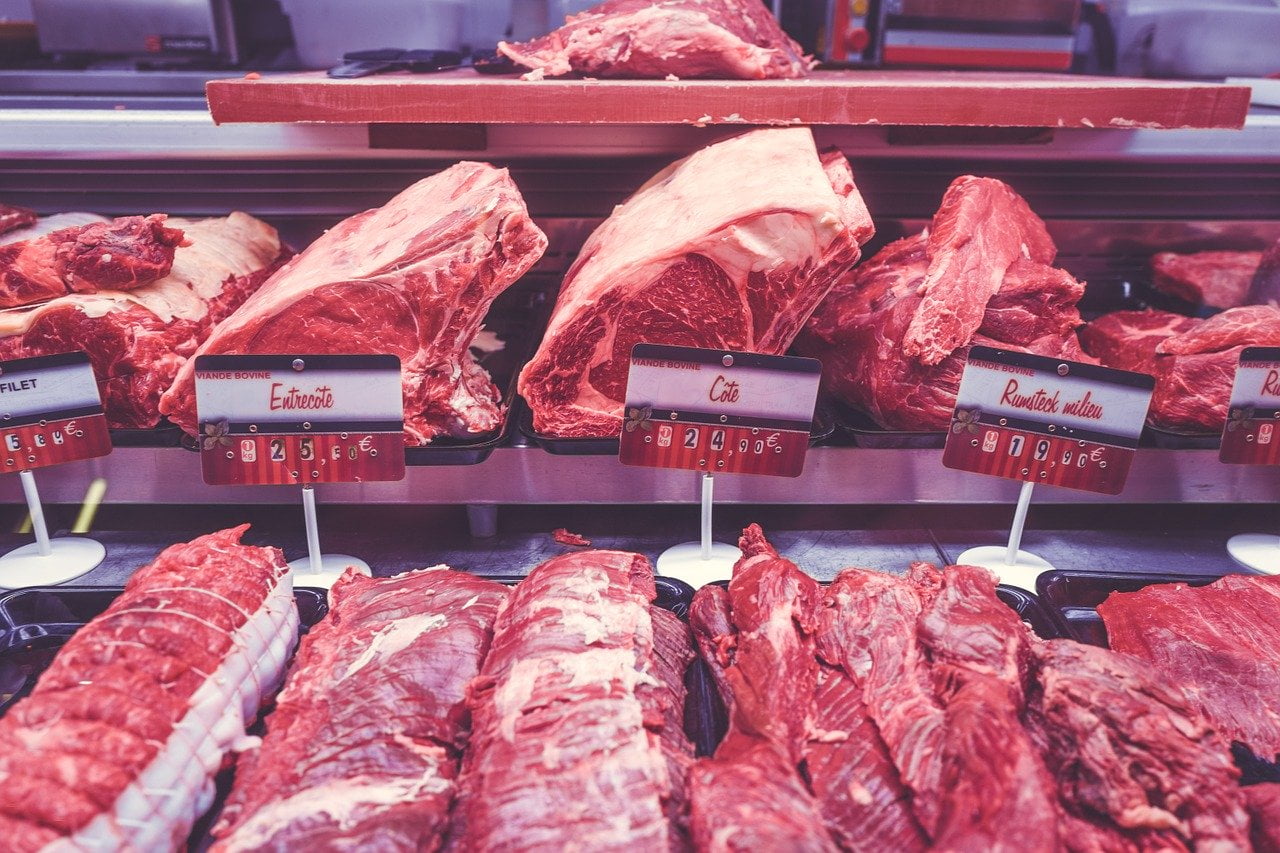A new survey by Changing Markets Foundation finds that the sector must cut methane emissions to tackle the issue
The Meat And Dairy Industry Is At Risk
LONDON, 12 July 2022. A new report from the Changing Markets Foundation warns that profits are at risk if investors do not engage with the meat and dairy industry to cut methane emissions and other climate pollutants.
The research commissioned by the Changing Markets Foundation, made up of over 200 respondents from the investment community, highlighted that there is a recognition of climate change being a material risk to meat and dairy industry-related investments, with 84% stating that a lack of climate mitigation could lead to stranded assets in the sector.
Q2 2022 hedge fund letters, conferences and more
Food production – especially the production of meat and dairy – is responsible for around 37% of greenhouse gas emissions (GHG) and is uniquely dependent on stable climate conditions. Livestock agriculture is also the single largest source of methane, responsible for around 32% of anthropogenic methane emissions. The production of red meat and dairy is projected to grow by over 50% over the next three decades.
But climate science is not reflected in the growth projections for the meat and dairy sector. Climate scientists expect a decline in livestock of 7-10% even under 2°C warming scenario by 2050, with economic losses between $9.7 and $12.6 billion. Currently, the world is on a path to a 3˚C temperature increase, and IPCC warned that efforts to cut greenhouse gases must be accelerated. In addition, scientists called for rapid cuts of a potent greenhouse gas methane, which continues to rise even faster than CO2.
Nusa Urbancic, Campaigns Director at Changing Markets Foundation commented: “We are currently at a crucial crossroads that will determine the future of food production for decades to come. Despite the majority of investors believing that climate change presents a material risk to meat and dairy industry-related investment, it is concerning that more than half also said that investors are not sufficiently addressing those risks. The alarming effects on the sector multiply the hotter the planet gets. Farmers across the globe are already feeling the pain and we need rapid action to break this vicious cycle.”
Investors also overwhelmingly (94%) think that reducing methane emissions alongside carbon emissions is important, with 39% considering it to be critically important. And almost three-quarters (72%) of investors think that companies should be reporting their methane emissions, while 83% believe that investors should encourage companies to reduce their methane emissions.
Cutting Methane Emissions
This survey follows Changing Markets Foundation’s report Blindspot which revealed that the biggest meat and dairy companies do not report methane and do not have any plans in place to reduce their methane emissions. Last year over 110 countries have signed up the Global Methane Pledge, launched at COP26 in which they committed to cut their methane emissions by 30% by 2030, compared to 2020 baseline.
Earlier this year, Upfield became the first food company to start reporting their methane emissions. The company, which is mostly producing plant-based foods, found that 7.5% of its entire greenhouse gas footprint was created by methane emissions, and dairy ingredients were the main contributor.
Peter Elwin, Director of Fixed Income & Head of Food & Land Use Programme at Planet Tracker commented: “It’s clear there needs to be far greater focus on methane emissions. The Global Methane Pledge is a step in the right direction, but more still needs to be done, and faster. Investors must pressure companies to reduce methane emissions to help meet global climate goals.”
The report calls on investors to take action through their engagement with companies, demanding transparency and disclosure of companies’ emissions and investments and rapid action to address climate emergency by cutting methane and other climate pollutants in the sector in line with the science.
About Changing Markets | @ChangingMarkets
The Changing Markets Foundation was formed to accelerate and scale up solutions to sustainability challenges by leveraging the power of markets.
Working in partnership with NGOs, other foundations and research organisations, we create and support campaigns that shift the market share away from unsustainable products and companies and towards environmentally and socially beneficial solutions.





